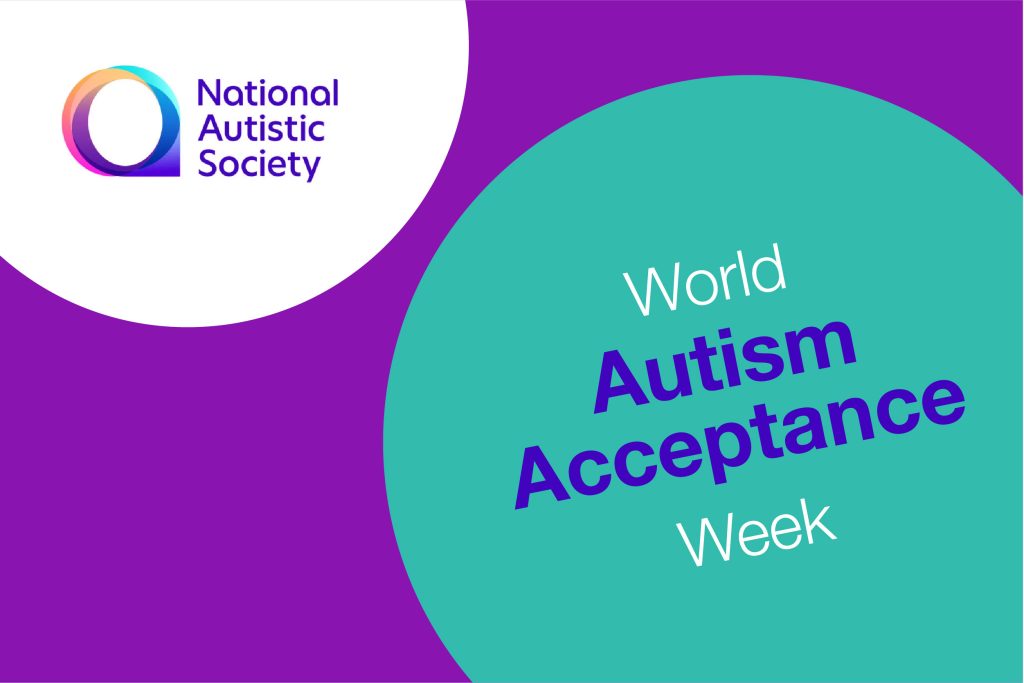Daisy’s diagnosis, when it came, was devastating.
For a few years we knew instinctively that something wasn’t quite right and increasingly her school had raised concerns. But nothing prepared us for the opinion of the multi-disciplinary team who assessed our five-year-old daughter in Guy’s Hospital that morning in 2011.
Autism is a spectrum disorder, and no two autistic individuals are the same. Like all of us, each has their own traits and characteristics, the combination of which can be more or less challenging. Sadly, good support and intervention is expensive and is not always easy to find. Not everyone has access to the same resources.
This week marks World Autism Acceptance Week, led in the UK by the wonderful National Autistic Society www.autism.org.uk.
As a society, generally, we are terrified of autism. Since the film Rain Man first brought the autistic brain in to mainstream consciousness in 1988, those with autism are seen somehow as strange, weird and to be feared; certainly different to the rest of us, they are a dependent burden with little to contribute to society.
The fall-out from this social alienation is huge for those diagnosed, parents and society: the stress, deep distress, panic, anxiety are just a part of it. Shame, ignorance, and denial shatter the chances of leading a successful life and the autistic brain which has contributed so much is denigrated.
The most important part of our journey with Daisy was the diagnosis; it is something to be encouraged not feared – even though people distrust labels – because once you have a diagnosis, you can start to help your child to function and engage in the world. While it is impossible to know what she would be like now without the incredible expertise and support that she has had, she is certainly a very different person from the quiet, passive, disengaged child who was diagnosed when she was five.
Learning about Daisy has changed me and our whole family in ways we never dreamed of. In the process of bringing her up my wife and I have learned so much about ourselves, Daisy, other people, autism and what it means to be different in society. Daisy is hilarious, funny, loyal, empathetic, kind, observant, original, independent and has her own invaluable view of the world. She can also be vile, cynical, mean, boring, repetitive, manipulative, controlling, self-pitying, obsessed, and selfish.
She is just like the rest of us.
Now, more than ever, the autistic community needs our support. Visit https://www.ambitiousaboutautism.org.uk/ and see how you can help, perhaps by offering internships for autistic young people to give them the skills needed for adulthood and employment.
Daisy once said: “I like being on my own, because when I’m alone, I’m neurotypical. It’s only when I’m with other people that I’m not typical.”
Please do not be that person. We are the problem. Become the solution.


